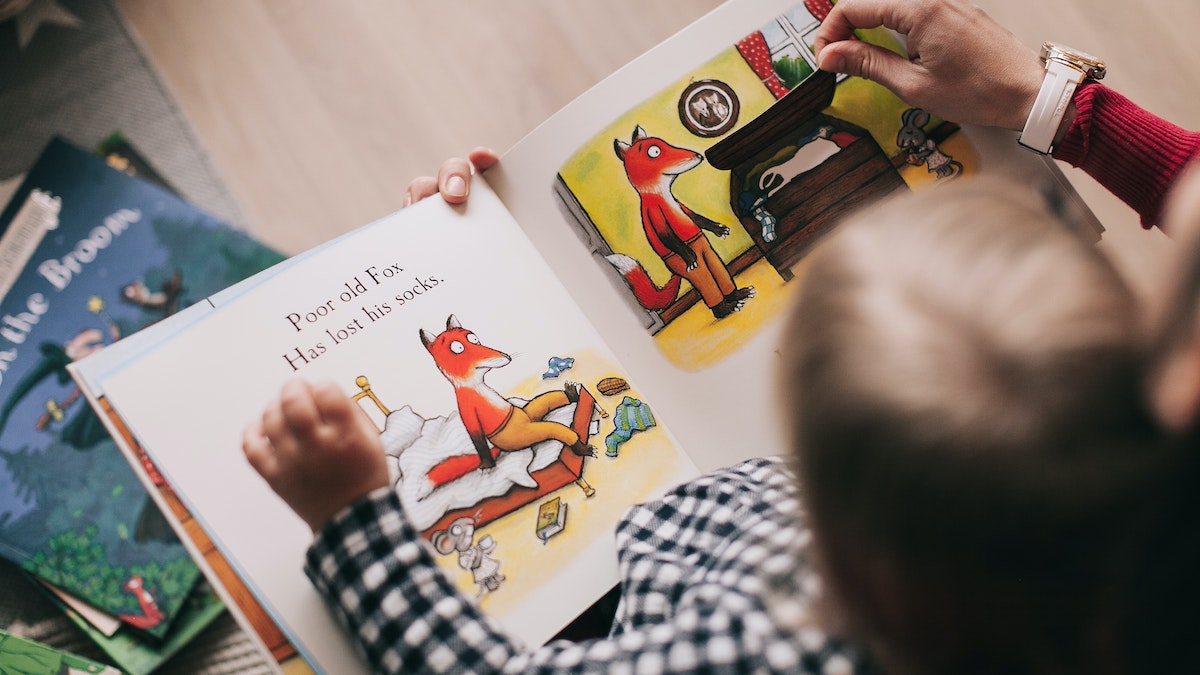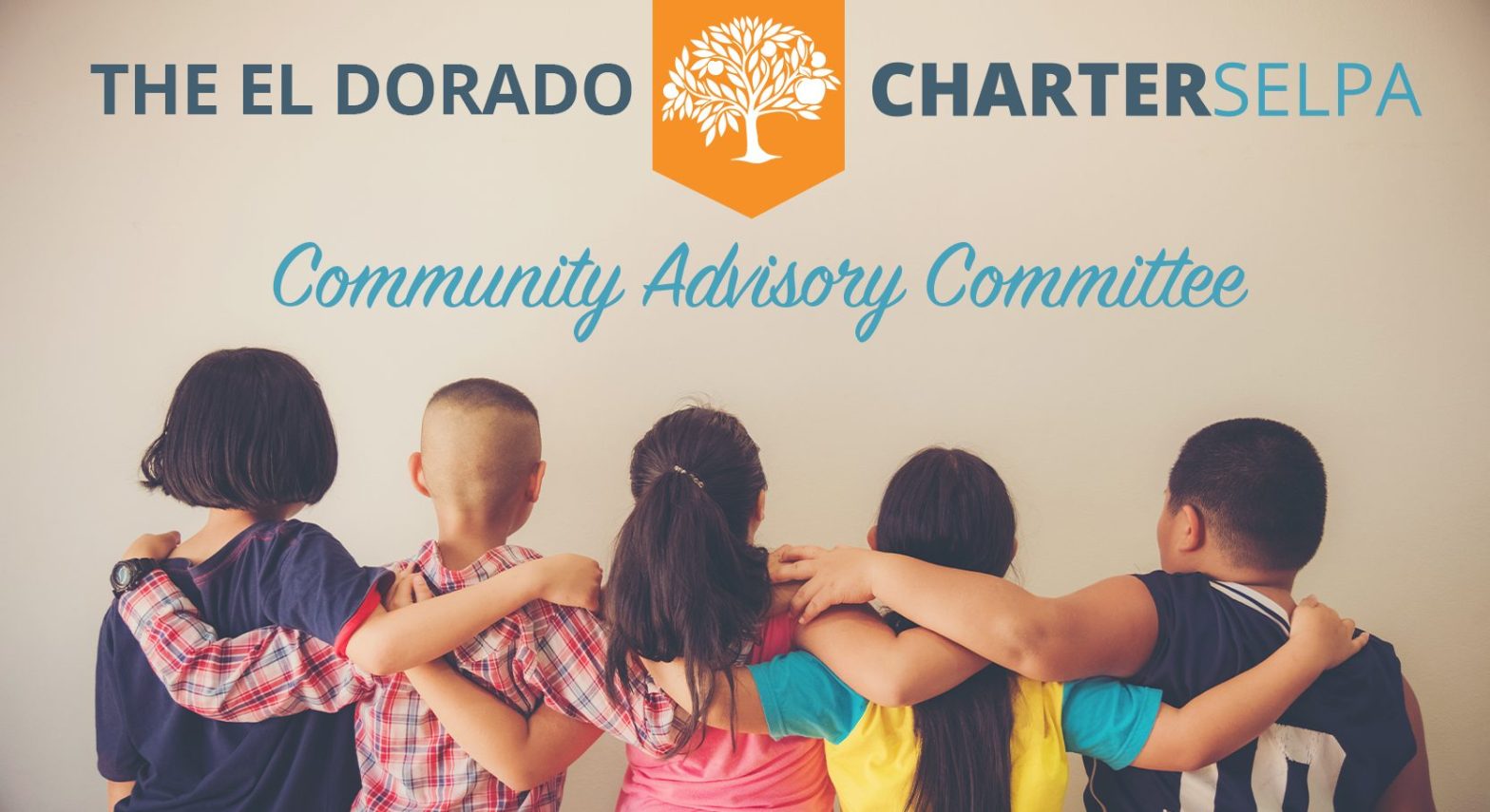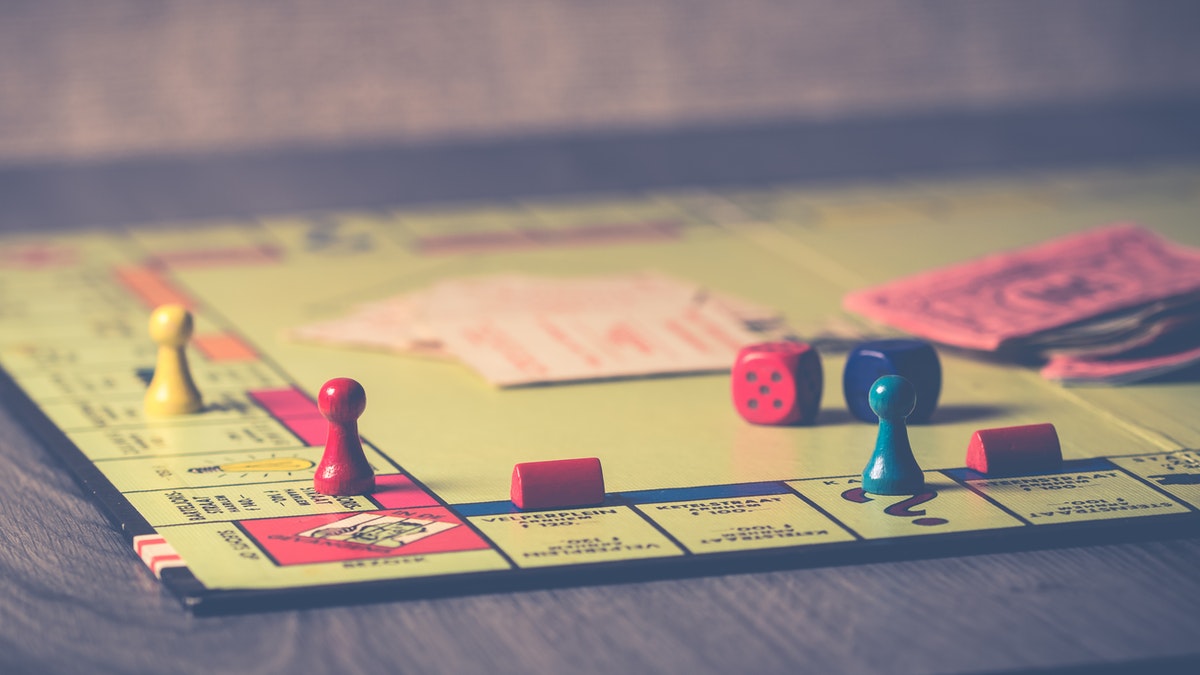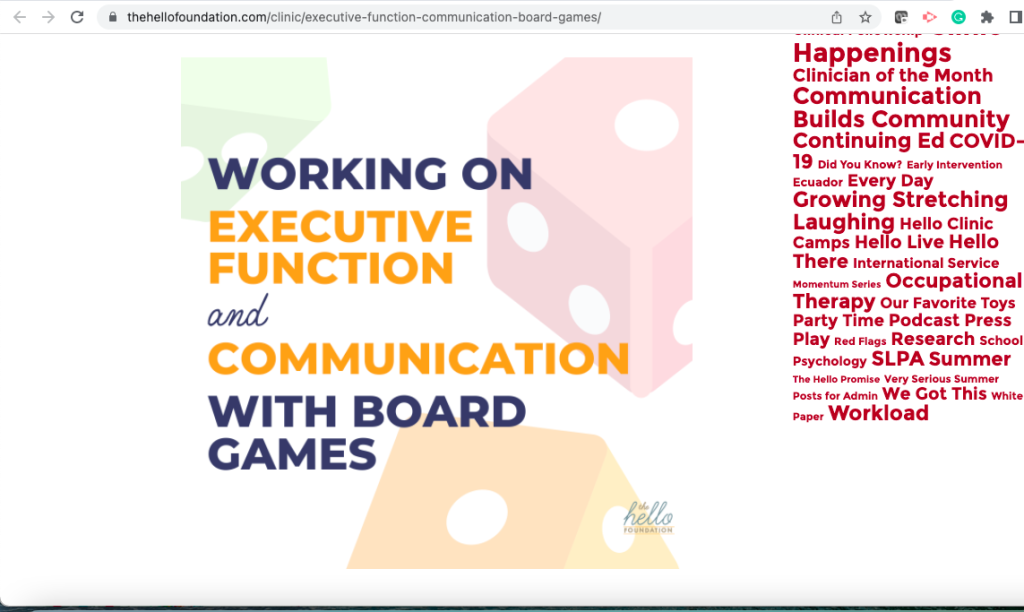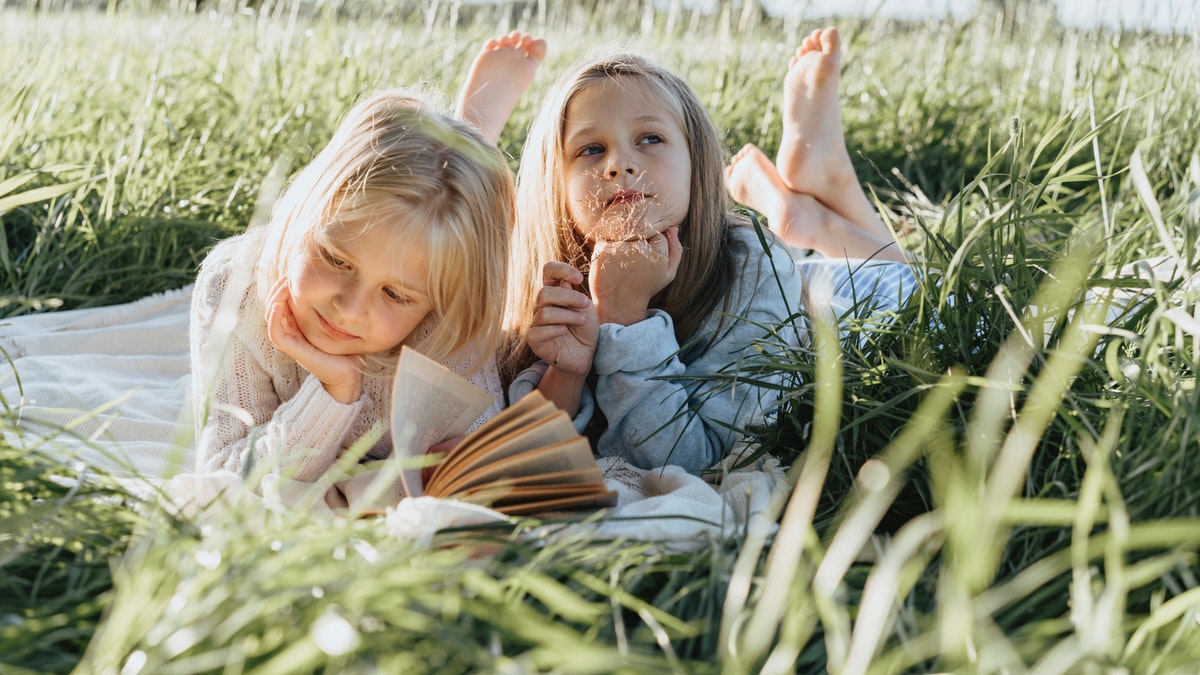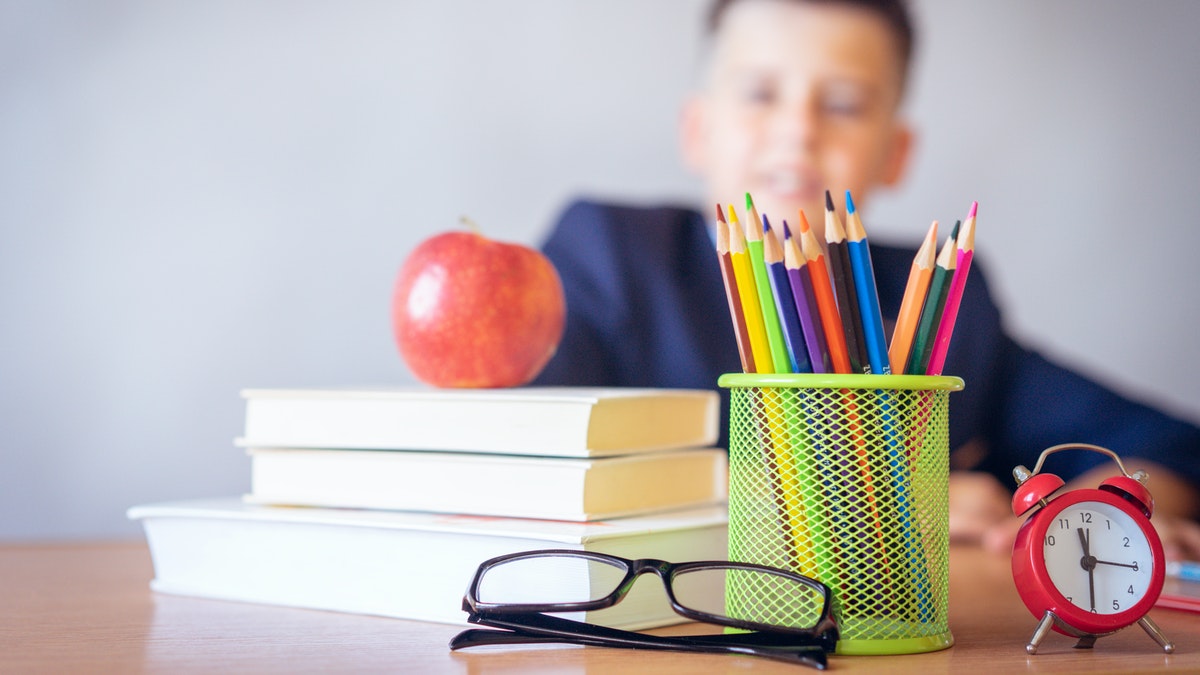Social-emotional learning (SEL) is a crucial part of our learners’ education, helping them develop important life skills, such as self-awareness, self-regulation, empathy, and interpersonal communication. There are many books designed to help our learners understand and practice these concepts. Here are some books for learners at various grade levels.
Elementary School
- “The Way I Feel” by Janan Cain
- This book uses colorful illustrations and simple language to help kids explore their emotions and understand it’s okay to have different feelings.
- “What If Everybody Did That?” by Ellen Javernick
- This story encourages children to think about the consequences of their actions and how they affect others, teaching the importance of empathy and making responsible choices.
- “My Many Colored Days” by Dr. Seuss
- Dr. Seuss explores different emotions through color and whimsical characters, making it a fun way for children to understand their feelings.
Middle School
- “The Middle School Student’s Guide to Ruling the World!” by Rebecca Hamburger and Ross W. Greene
- This interactive guide provides middle school learners with valuable life skills and tools for understanding their emotions and navigating social situations.
- “Wonder” by R.J. Palacio
- “Wonder” is a novel that explores themes of empathy, acceptance, and kindness.
- “The Self-Esteem Workbook for Teens” by Lisa M. Schab
- This workbook is geared toward teenagers and helps them build self-esteem, self-awareness, and social-emotional skills through exercises and activities.
High School
- “The 7 Habits of Highly Effective Teens” by Sean Covey
- Adapted from the classic “The 7 Habits of Highly Effective People,” this book provides a practical guide for teenagers to develop essential life skills.
- “Mindset: The New Psychology of Success” by Carol S. Dweck
- This book can be valuable in helping high school learners develop a growth mindset and resilience.
- “Emotional Intelligence 2.0” by Travis Bradberry and Jean Greaves
- A comprehensive guide to understanding and improving emotional intelligence, this book will help high school learners as they prepare for the challenges of adulthood.




